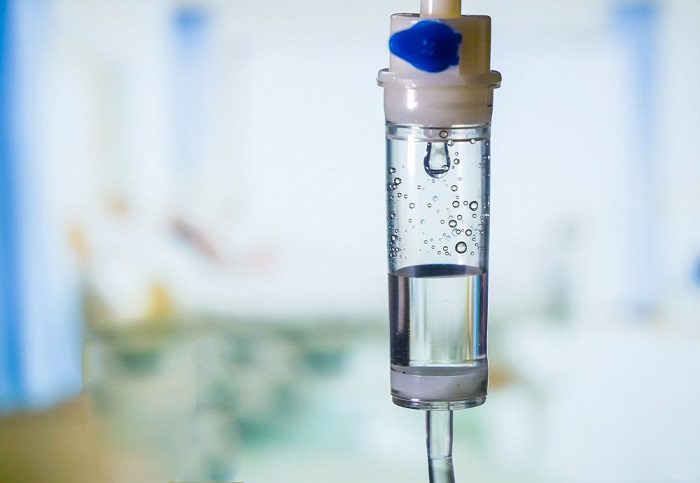About 20% of adult dental patients feel significant anxiety before they attend a dentist appointment. This dental fear can prevent you from getting the dental care that you require to keep your smile looking and feeling its best.
Modern dentistry prioritizes patient comfort and offers medication to help you feel relaxed in the dentist’s chair. This sedation dentistry differs from pain management options, however, though your dentist can provide this as well.
Communicate any concerns about your upcoming dental work with your dentist to learn how they can make your experience at their office a positive one. Read on to discover the differences between anesthesia and sedation and how a dentist can employ both in your dental work.


Local Anesthetics
One of the leading reasons people feel dental fear is an anticipation of pain during their dental treatment. A dentist will employ many types of pain management techniques during a procedure for this reason, including a local anesthetic.
Before starting dental work, a dentist will give a patient an injection containing this medicine, which will block nerves in the affected area from transmitting sensation to the brain. This leaves the area feeling numb so that they do not feel discomfort during their treatment.
A dentist will also use a topical anesthetic before the jab for further comfort in this process. The numb feeling will last for a few hours. So you can expect it to linger when you leave your dentist’s office. The sensation fades on its own and will not inhibit your usual activities.
Sedation Dentistry
A dentist can offer special medication designed to make you feel relaxed as you undergo dental work. This is known as dental sedation and comes in the form of nitrous oxide, commonly referred to as laughing gas. Prior to beginning dental work, a dentist will place a mask over your nose or mouth so that you can breathe in this medicine.
You will start to feel the effects right away, inducing a calm feeling without affecting your consciousness. You will remain aware of your surroundings and able to communicate with your dentist.
At the end of your treatment, a dentist will remove the mask. When you start breathing normal air again, the effects will fade. So you can feel normal quickly without lingering side effects that could otherwise disrupt your day. This treatment helps patients with high levels of anxiety or who frequently gag during dental work.
General Anesthesia
General anesthesia is a type of medication that renders a dental patient fully unconscious. Usually administered by IV, this treatment is usually reserved for invasive dental procedures or extreme cases of anxiety. You will likely only see this treatment option when referred to a dental specialist for a tooth extraction or other oral surgery.
The medicine will make you fall asleep, and you will slowly wake up after the specialist stops providing the medication. You will likely feel groggy for a few hours and might not feel completely normal until the day after your procedure. You will need to arrange a ride to and from your appointment as you will not be able to drive a car safely in this state.
